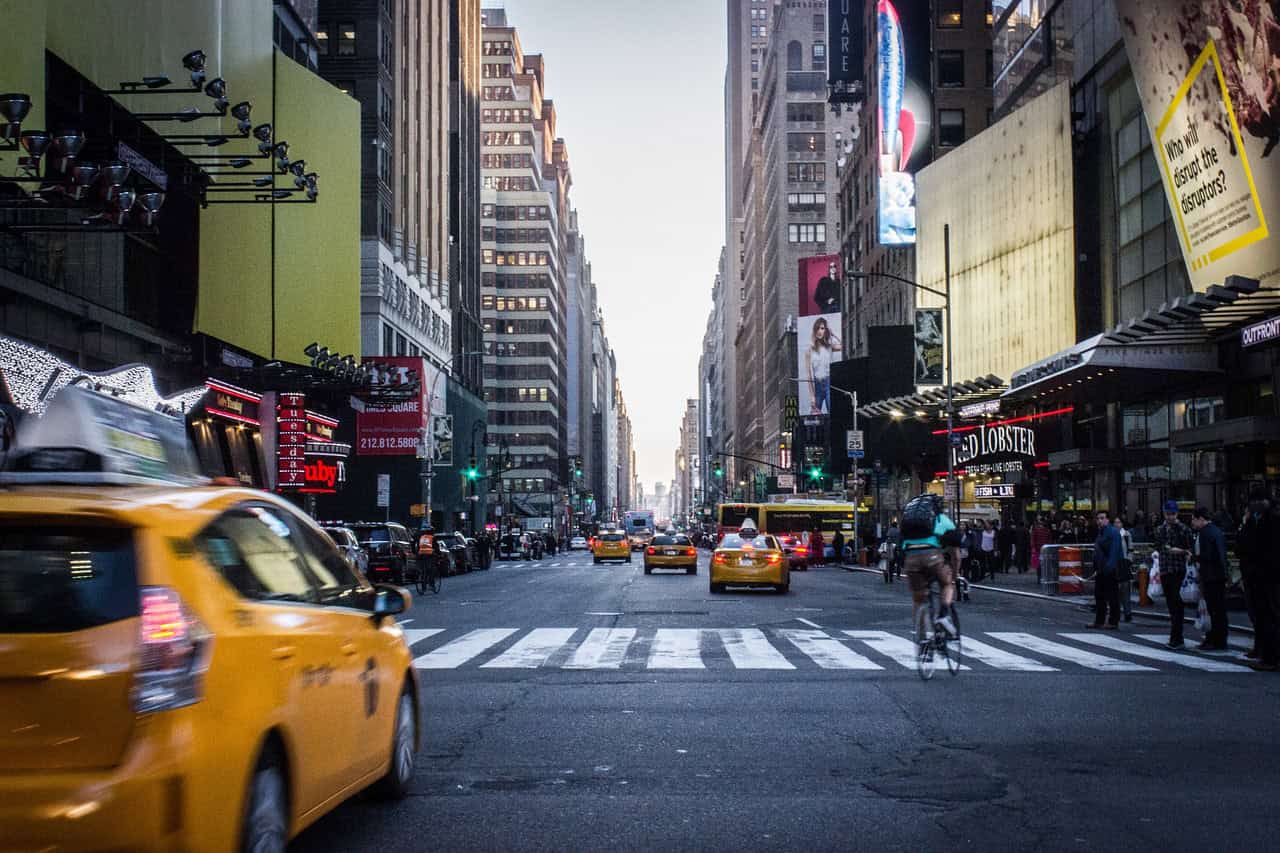
Jumbo Supermarkten is tackling shoplifting with new technology. The deployment of smart cameras, equipped with software from French company Veesion, detects suspicious behaviour and helps report theft. With 100 million euros in thefts last year, Jumbo is starting a trial in its own shops this week.
Why you need to know this:
The number of reports of shoplifting to the police is on the rise. Nearly 45,000 were reported in 2023. Jumbo is tackling the problem with AI.
The technology is not flawless, but it significantly increases the chances of being caught. The system uses sophisticated software that can detect suspicious movements. For example, when a customer puts a product in his pocket or bag, the camera notices and reports it. This ensures that shoplifters can be caught in the act.
47 cameras
At Jumbo’s supermarket in Hengelo, 47 cameras have been installed. AI is also being applied at other Jumbo locations. The cameras are strategically placed to identify suspicious behaviour as effectively as possible. However, the technology is not perfect; sometimes the system raises an unjustified alarm. Nevertheless, it has proved a valuable tool for staff.
More than 110 supermarkets in the Netherlands already use Veesion’s technology. According to the Personal Data Authority, supermarkets are allowed to use such technologies provided they can properly justify why it is necessary.

PLUS tells RTL Niews that their own shops are not allowed to use this software, but independent operators are. The supermarket claims they have 400 shops in the Netherlands, about 300 of which are self-employed. SPAR says they are looking into using smart cameras.
AI applications in shops worldwide
The deployment of AI in stores is not just limited to theft prevention. Globally, various AI technologies are being used to improve the shopping experience and optimise business processes. For example, some supermarkets are using AI to manage inventory, allowing them to respond more precisely to customer demand and reduce food waste.
Another application is using AI for personalised marketing. Michaels Stores, for example, a shop that sells handcrafted goods, uses smart computer programmes to tailor its advertising to each customer. This makes customers feel more engaged and more likely to receive special offers that suit them. The company has created a system that helps create advertising copy and understands which messages work best for different types of customers. Previously, only 20 per cent of their emails were customised to the customer, but now it is 95 per cent.








